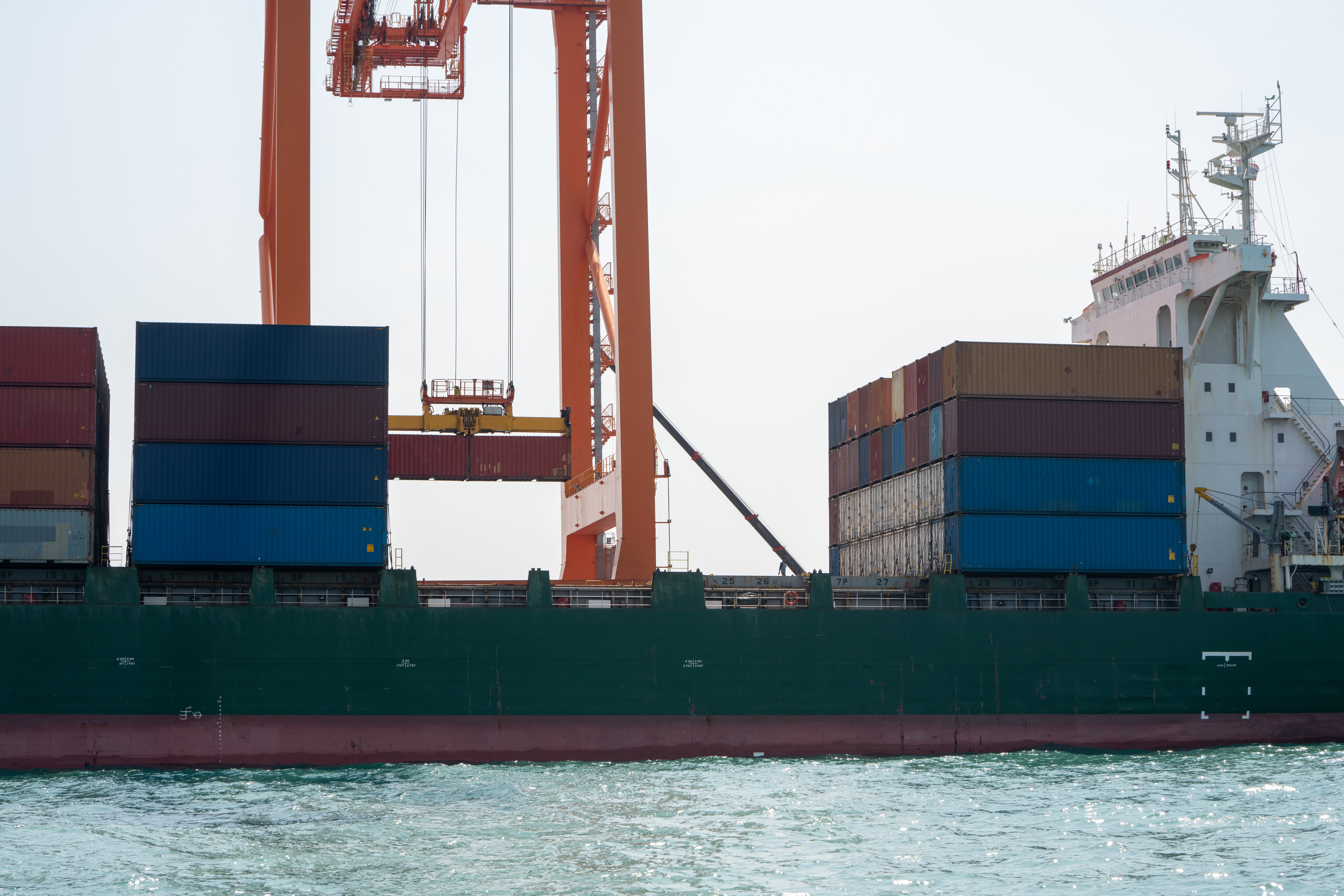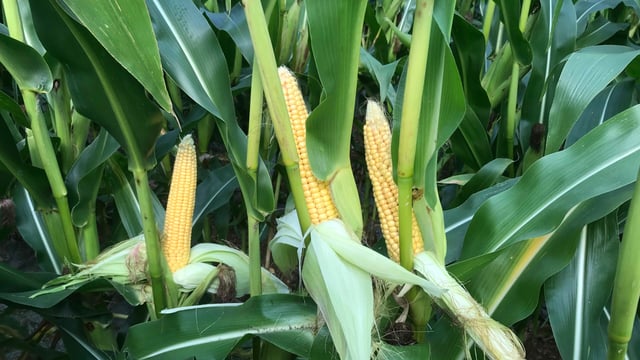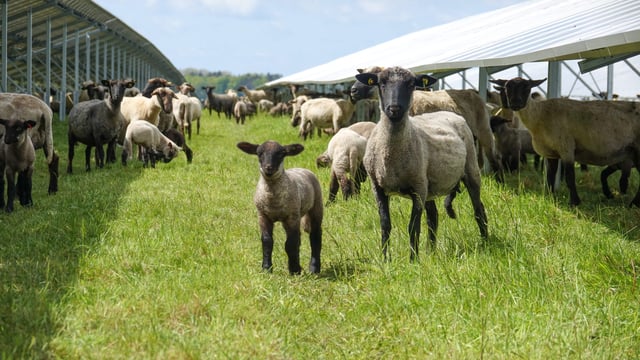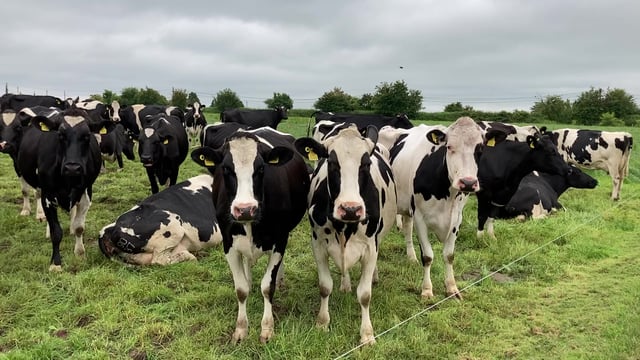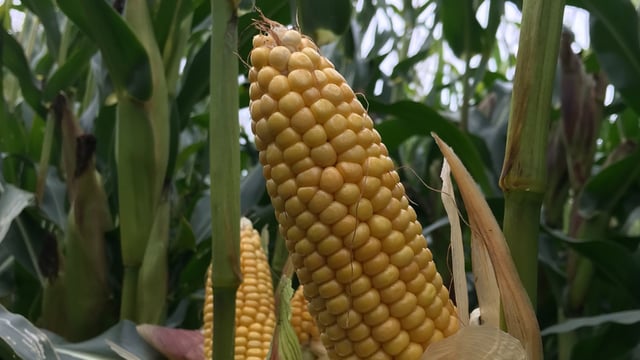EU-US trade agreement will have 'negative impact' - Gorman
The president of the Irish Farmers' Association (IFA) Francie Gorman said the EU-US trade agreement will have an overall negative impact, particularly for the tillage sector.
The comments come as the European Commission and the US issued a joint statement yesterday (Thursday, August 21) providing further information on the deal.
While the details of the EU-US trade agreement are "important and provide more certainty", Gorman added that "overall these tariffs will have a negative impact".
"There will be huge concerns for the tillage sector in particular as there seems to be no clarity on what tariff rates will apply to our whiskey exports," he said.
Trade deal
Under the trade agreement, there will be a 15% import duty imposed on the majority of EU exports into the US.
“While we might have more certainty, there is no question that a 15% tariff will have significant implications for our exports. It is also still unclear what level of tariff will be imposed on other products such as Irish whiskey and liqueurs.
"This uncertainty comes at a very difficult time for our tillage sector, with global trends going in the wrong direction,” the IFA president said.
“From an Irish and European farmer perspective, the cost of any additional tariffs will ultimately be borne by the primary producer. It’s against the backdrop of a potentially devastating Mercusor trade deal along with plans to massively cut the EU Common Agricultural Policy (CAP) budget,” he added.
Ireland exported around €1.9 billion worth of food and drink products into the US market in 2024, accounting for some 11% of our total food and drink exports.
Of that total, dairy exports were worth €830 million and drinks exports, predominantly whiskey, were valued at €900 million account for 91% of what we export.
Ireland also exported pigmeat (€23 million), beef (€8.8 million) and seafood (€3.8 million) to the US last year.
“While the proposed tariff rate of 15% is lower than the threatened 30% rate, it still represents a significant challenge for the Irish agri sector on a number of fronts.
"Given Ireland’s reliance on the US market, both in agriculture and beyond, its impact will be significant on Irish farm families, both directly and indirectly," Gorman said.
The IFA president said there would be concern about granting ‘preferential access' to dairy and other agri-food products.
"The trade deal will create many other indirect challenges as well. The UK, which struck a 10% tariff deal, now benefits from a lower tariff than Ireland making them more competitive in the US market compared to Irish goods.
"It also means a differential tariff between exports north and south of the border. Furthermore, many farm households rely on employment from US multinationals which may also be negatively impacted by these new tariffs," Gorman said.


